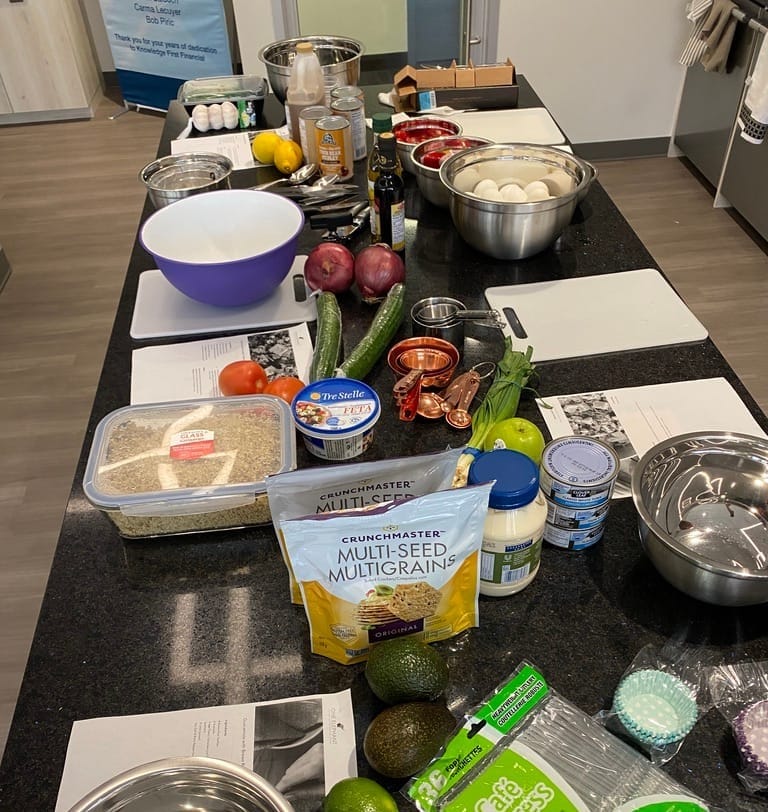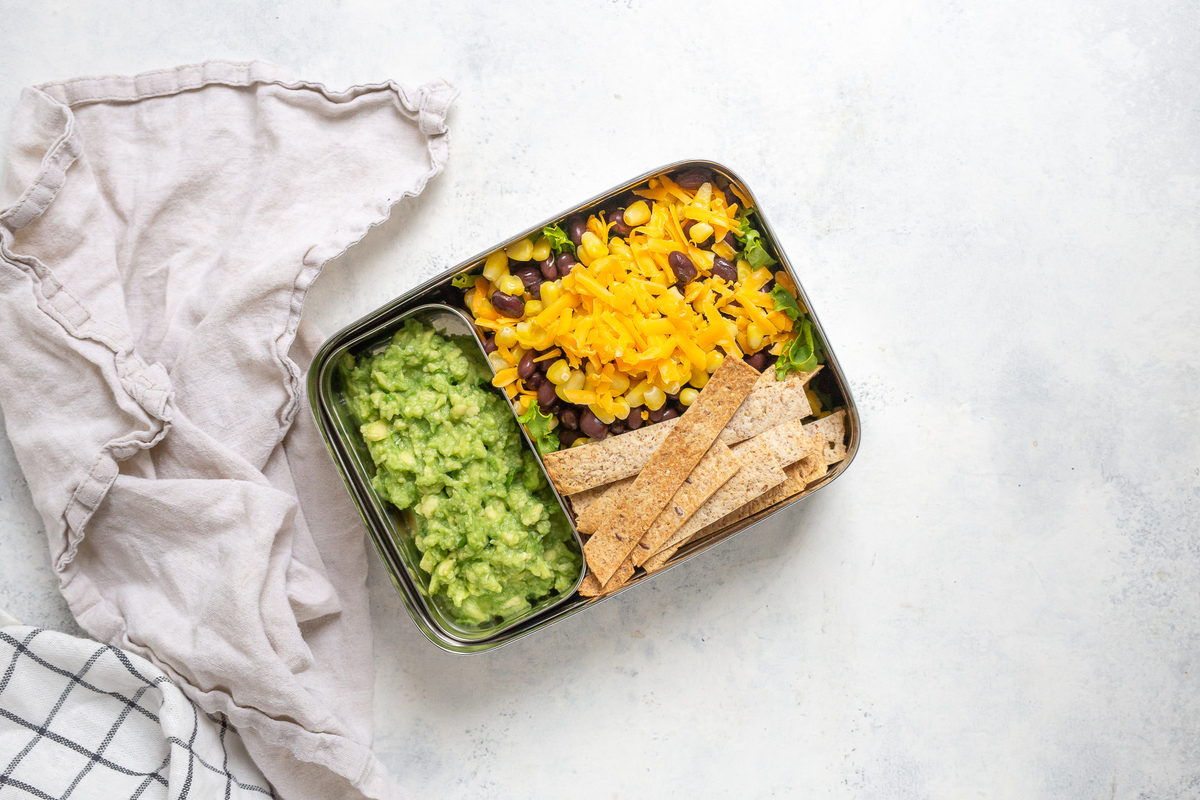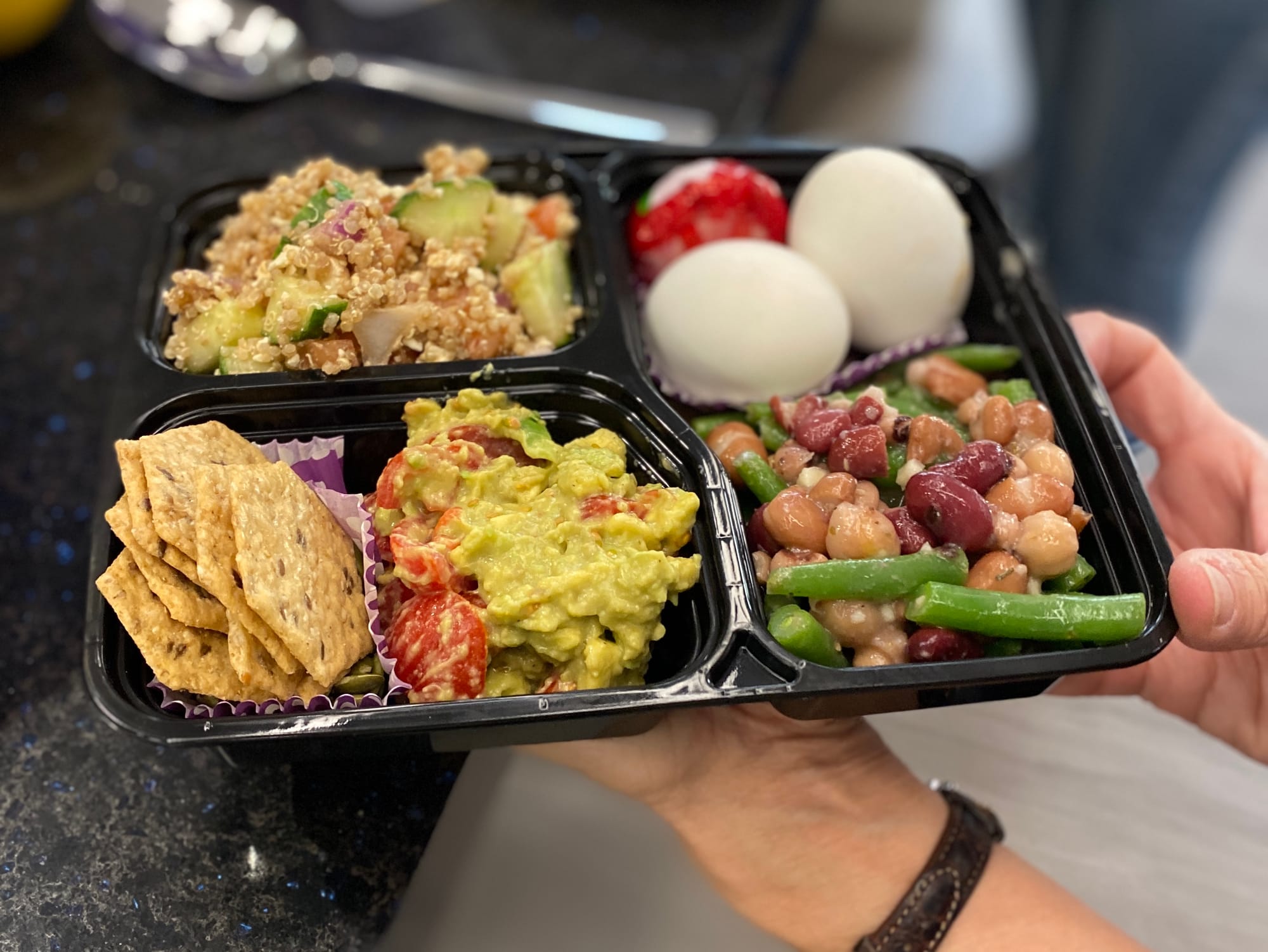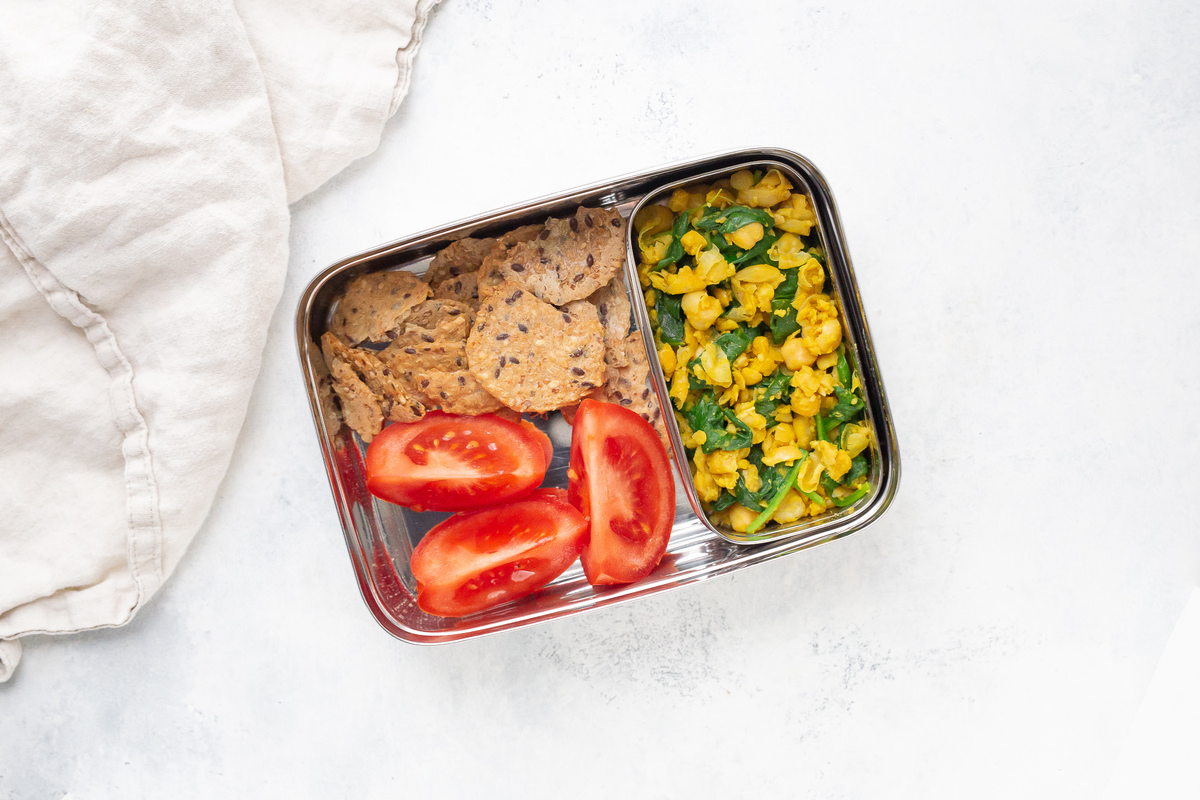Have you considered incorporating cooking workshops into your practice but aren't sure where to begin? Maybe you're wondering if it's even worth the effort or how it could benefit your clients. If it's something they've asked about, but you're unclear on how it would work, you're not alone.
To help answer these questions, we spoke with Norine Khalil, RD, co-founder of One Elephant Clinic and owner of Lifeberry, to explore how she successfully integrated cooking workshops into her practice and the positive impact it's having on her clients.

The benefits of offering cooking classes
Norine's journey with cooking and Bento Box workshops started through her work in the corporate wellness space. She explains that the interactive nature of these sessions and helping people design healthy, balanced meals using the compartmentalized setup of Bentos really resonated with participants.
While her workshops began in the corporate setting, Norine also saw the potential to bring this format to schools. "When I did a workshop with a younger population, it was a chance to dispel a lot of the negative food talk circulating online," she notes, acknowledging the importance of reaching students at an impressionable age to help guide their relationship with food and body image.
Her audiences regularly expressed how fun and creative they were and enjoyed being able to take action immediately. This approach also helped provide new recipe ideas to get people out of their routines, which we can all relate to when it comes to meal planning and prep efforts.
"I found that cooking workshops was just a great way to get them out of their routine and compared to a lunch and learn where you're just sitting there listening to a presentation — they were actually able to do something."

Creating a sense of community with cooking classes
One of the core elements of Norine’s workshops is the sense of community they foster. Although she’s considered virtual options, Norine firmly believes in the power of in-person interaction. Whether it's a wellness series for a business or a workshop at a school, personal connection and group interaction are key to her approach.
"The connection is so much better in person because then the individuals actually get to speak with each other and it's a community building [opportunity]."
The workshops are also an opportunity for people to engage with a dietitian, often for the first time. "Many participants haven’t had the chance to ask their nutrition-related questions before, so this becomes a great first touchpoint for them," Norine says. Sometimes, her workshops open the door to more ongoing relationships, either through her clinic or by connecting them with other wellness services.
Structuring cooking classes
The workshops are typically booked by organizations interested in adding a health-focused event. Norine offers a range of workshops, but the interactive cooking demos tend to be the most popular. “I have a four-to-five title bank of workshops to choose from, but the interactive ones, especially cooking demos, are always a favorite,” she says. From there, they agree on a date and secure it based on the number of participants and the desired focus.
These workshops typically cater to groups of 10 to 25 people, allowing for a more personal and engaging experience. Based on the group's needs, Norine includes a combination of recipes from That Clean Life.

Bento box workshops: A fan favorite
Among her most popular offerings are the bento box workshops. Bento boxes, traditionally Japanese single-portion meals, are divided into small sections with different food items. For Norine, they provide the perfect canvas for teaching balanced nutrition in a fun and practical way.
In these workshops, participants not only learn how to prepare the recipes but also how to mix and match ingredients to create their own bento boxes at home.
"The bento box works well because participants can make little recipes like a tuna chickpea salad or a Greek quinoa salad. People are always surprised at how easy it is to put together a nutritious meal that tastes good and works for both school lunches and work meals."
Often, participants will go home with additional recipes so they can have multiple ideas for how to build a healthy box. This also helps busy people think about how to combine healthy foods to bring to work or school. For example, they may not be aware that a quinoa salad isn’t just simple to put together but also works well hot or cold, giving them another versatile meal option.

Incorporating educational opportunities
Norine’s workshops aren’t just about cooking; they also have a strong educational component. Sometimes, the learning happens in a structured way before the cooking begins, and other times, it’s woven into the process as participants prepare their dishes.
She likes to help participants think about what components of their food they should look for when building out a balanced snack or meal to sustain them, which may then allow for a little more information about supporting stable blood sugar levels. Norine notes that the conversation and education can vary depending on the workshop framework and the questions and conversations that come up while creating recipes.
"I always include an educational piece, whether it’s about fiber, protein, or complex versus simple carbohydrates. It becomes more of a dialogue, where we can talk about how food choices impact energy levels or how meal planning can fit into daily routines."
For Norine’s school workshops and work through her clinic, she has found that parents are especially interested in engaging their teenage children in healthier eating habits. “Parents are often looking for ways to get their teens more involved in cooking, and workshops like these are a fun way to do that,” she explains.
Though there’s less overlap between school workshops and her clinic’s services, Norine sees the educational aspect as crucial in both settings.
"For me, the school workshops aren’t about gaining new clients; they’re about providing professional guidance to a vulnerable age group that might not have had access to this kind of nutrition education before."
Using cooking classes to attract and retain clients
Norine has found that her cooking classes are usually full of people who have never interacted with the One Elephant clinic or her practice. This means it’s often their first touchpoint to a dietitian or nutrition education in general — which is huge.
Norine says this sometimes leads to participants pursuing individual nutrition counseling through the clinic. After all, they may have had a fun, creative introduction to nutrition and wellness and feel motivated to target their health goals at a more individualized level.
When setting up corporate cooking workshops, Norine says, "A lot of the time, I'll get an idea of whether dietitian services are offered through their extended health benefits." If so, she finds that's a valuable speaking point: If participants recognize that they need additional help with their nutrition, and it’s covered as a corporate benefit to them, you can fill that need.
Check out That Clean Life’s Pricing Handbook for insight into pricing your cooking classes appropriately based on data from over 8,000+ health professionals.
Cooking classes: Building a healthy community through food
Norine's cooking workshops and bento box classes offer a refreshing, hands-on way to engage with food and the community. Through her work, she’s not just teaching people how to cook — she’s helping them rediscover the joy of eating well together.
Adding cooking classes and workshops on how to prepare healthy foods to your services can be extremely valuable to your clients — both current and prospective. This hands-on opportunity to prepare simple, nourishing foods and consider how to make them at home can be a highly sought-after service that serves people for life.

Ready to explore adding cooking workshops to your nutrition services? Use That Clean Life to create resources for your next cooking workshop.

